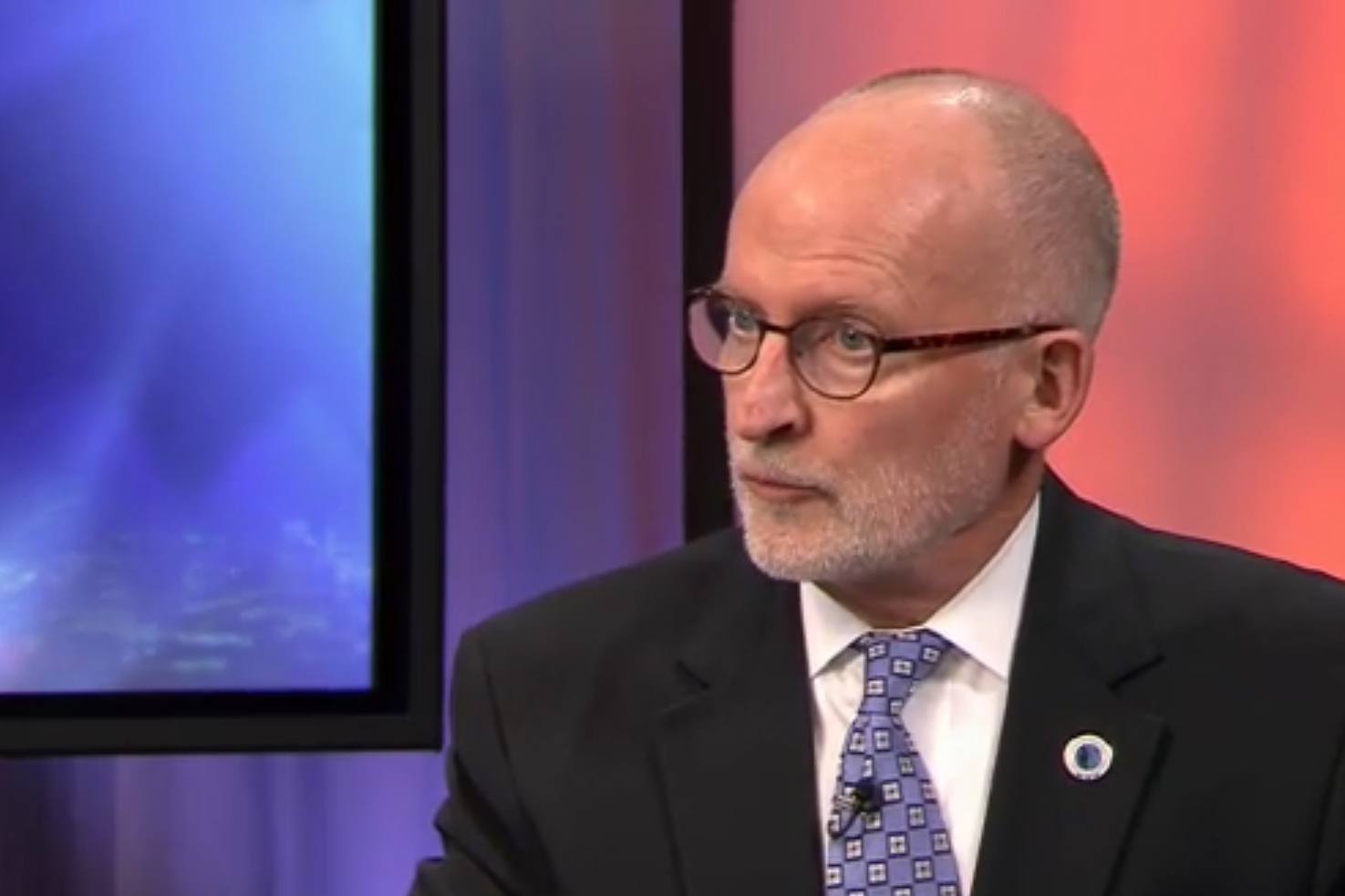Tim Burgess says he won’t run for re-election to Seattle City Council next year. First elected in 2007, Burgess is technocratic moderate who prizes data-driven technical solutions and has been wary of the more audacious plans of some of his colleagues, socialist Kshama Sawant in particular. In 2013, he unsuccessfully ran for mayor. According to The Seattle Times, Burgess made the decision to withdraw last week while traveling for work in Germany. “Do I want to serve four more years and be 73 when that term is over?” he said. “Or do I want to think about something else?” Answer: the latter, apparently.
Looking back on his eight years on Council, Burgess says he’s had failures but no regrets. “An early stumble was the panhandling ordinance,” he says, referring to a ban on aggressive panhandling he supported in 2010. Opponents including the state ACLU and homeless advocates called the bill unconstitutional and overly broad. The Stranger’s Dominic Holden lambasted Burgess repeatedly for supporting anti-homeless legislation. “That was a learning lesson for me,” says Burgess. “It was also a great example of how one can quickly lose the framing of an issue and have the framing be captured by your opponents. It’s almost impossible to recover from that.”
On the success side, Burgess says he’s proud of his work creating a pilot universal pre-K program, the Nurse-Family Partnership, police reform (particularly clearing the way for hiring new Chief Kathleen O’Toole), and bringing more data-driven assessments and best management practices to city government.
Last year, Burgess defeated challenger Jon Grant, former director of the Tenants Union, partly by outspending Grant several times over. As we reported, Grant will run again for the same position next year. He credits Burgess’ decision to step down to Seattle’s nascent “Democracy Vouchers” program, which allows individual voters to direct $100 of government funding to the candidate of their choice. The program’s goal is to give grassroots candidates a chance to compete with more traditional, well-funded candidates. “For me,” Grant says, “the takeaway is this is a real win for [democracy vouchers] and grassroots progressives, because now we’re operating on a more even playing field…I think it was a wise decision for him to step aside.”








